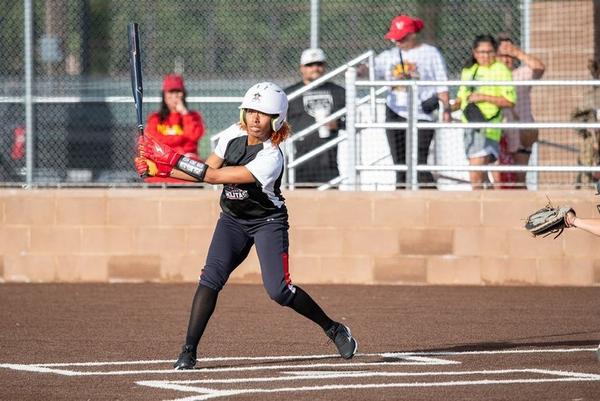Women’s Professional Fastpitch players voice concerns over alleged breach of contract

The GIST: As covered in yesterday’s episode of The GIST of It, the pro softball space has been thrown yet another curveball. Last week, several prominent pro softball players spoke out against subpar working conditions during the 2024 Women’s Professional Fastpitch (WPF) season, which they allege breach their signed contracts.
The context: Though men’s baseball has over 100 years of professional history and support from the majors to the minors, softball hasn’t followed the same trajectory. Billie Jean King co-launched the first U.S. pro women’s softball league in 1976, yet her International Women’s Professional Softball Association and the long-running National Pro Fastpitch all eventually folded.
- WPF was announced in 2021, when there were no active pro women’s softball leagues. Since then, the league has both expanded and lost teams, while also losing commissioner and Oklahoma softball legend Lauren Chamberlain following the 2023 season.
The scandal: Last week, Hub City Adelitas outfielder Ciara Bryan shared her experience and that of others during the 2024 WPF season, including missing paychecks and travel reimbursements. Teammate Blaise Biringer then released a statement saying many players received less than 25% of their contract compensation, along with inadequate practice facilities, provisions, and housing.
- Prominent softball players Madison Huskey, Jocelyn Alo, and Cat Osterman — all of whom have played in Athlete's Unlimited’s (AU) softball league — further amplified the message, reiterating that this is sadly normal for those seeking pro softball opportunities stateside.
The takeaway: Despite the sport’s increasing participation and collegiate popularity, pro softball is still suffering from common problems faced by developing leagues. WPF’s issues are all too familiar for women athletes in fledgling leagues, but this isn’t always the case — leagues like AU and the PWHL have seen overnight success and expansion because of how they built their businesses.
- They drew on the insight of former athletes, lined up heavy-hitting investors, and identified markets where fandom thrived — they made sure the game would be supported by faithful consumers and started small with room to grow.
- Now, the PWHL may expand and is already upgrading its venues, while AU feels the softball fandom it’s cultivated through two successful annual summer tournaments is enough to support a traditional pro league. Batter up.
Enjoying this article? Want more?

Sign up for The GIST and receive the latest women's sports business news straight to your inbox three times a week